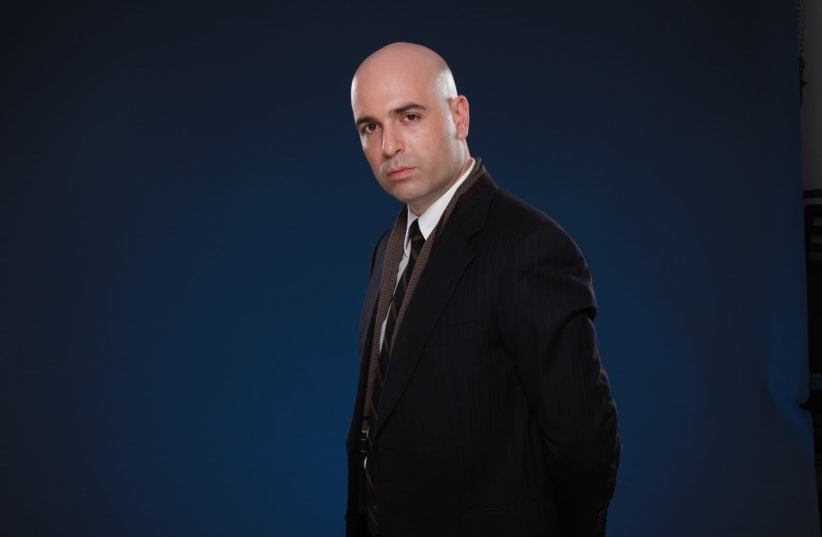There are two writers to this piece. One who speaks the language of sound and whose blood, sweat and tears over the last four decades paid off with the trust of thousands of loyal fans.
Yet, when the sky fell upon us, another was born from the ashes of the first: A man whose profession, concerts and connection with his audience were all taken hostage. A man who had to watch, with a heavy heart, how his field withers and dies and how friends and colleagues suffer in pain. One whose spiritual and emotional roots lie within the rich soil of global culture, once rich but now downtrodden, turned invisible and shamed.
Skyfall, for me, happened on March 11th, 2020, when restrictions were applied to all venues nationwide, ultimately resulting in a complete shutdown. I had just finished a concert in Tel Aviv’s Heichal Hatarbut Charles Bronfman Auditorium when I was informed of the new regulations, and right before my unbelieving eyes thousands of people were turned away from the philharmonic concert that was scheduled just after mine.
My face had paled then, and to this day it remains so. I’m not the only one who’s pale and unbelieving. From that day onward master musicians, composers, musical conductors, creators, actors, dancers, producers, agency managers, cultural agents, venues, crews, well-established cultural institutions, orchestras, theaters and some of my dearest friends went bankrupt or had been forced to leave their homes.
An endless chain of interconnected people across the entire country was pulled taut over mountains and rivers like a necklace of pearls that had lost its luster and strained to human tragedy. You won’t read about these tragedies in the paper, or see them on the news. So here I am, ready to confirm their existence. I’ve experienced them alongside my closest friends, among the best of Israeli artists, those most honest and most loyal; those who were once the best.
There’s not a single day my heart doesn’t break anew.
The entertainment industry went through many phases in the past year. At first, we were busy figuring out how to stop a train that’s already been set in motion. How to manage hundreds of halted productions in Israel and abroad, tanked investments worth millions and unpaid leave for our staff.
The next stage took place across multiple fronts: in conventions, demonstrations, in unionizing our field. My friends and I fought relentlessly to have the damage we suffered recognized through rallies, articles, talks with government ministers.
One principle remained true, whatever we did: our actions were about the demise of our culture, not politics. Though the Ministry of Culture had indeed announced it would aid a select number of cultural institutions, those familiar with our industry know the bitter truth: the offered aid was but a drop in the ocean of loss caused by the closure of our beloved stages, both big and small. And until our culture can be revived on them again, it will sink in deeper, crumble faster, and slowly heave its last breath.
The delusion that with the ease of the restrictions the return to our venues would be a walk in the park has no doubt shattered. I haven’t heard of a single cultural entity, no venue or local hall, that hasn’t groaned in pain now that the heavy ball that’s been dropped needs lifting. Revival is sluggish in every aspect from administration through business connections, marketing, finance, audience management and even our ability to follow COVID policies now falters due to their unstable nature. Every attempt to restart the engine exhausts those who work tirelessly to resurrect culture in Israel.
When it comes to rehabilitating the industry, the support of the government – whenever one forms – and the local authorities, as well as charities and donors, is especially crucial today. Solidifying the guidelines and creating a clear and easily understandable road map to the future is now more important than ever.
Let all municipalities know that booking, hosting and financing events is no luxury but is a financial and spiritual need of the entire community. The support of art is a privilege, not a right.
The same goes for the audiences: first they must return to the now open venues. Moreover, they should also demand from their elected representatives that the culture industry – forcibly taken away from the public – must be returned to them intact.
The writer is a composer, pianist, conductor, producer, lecturer, author and TV host.
